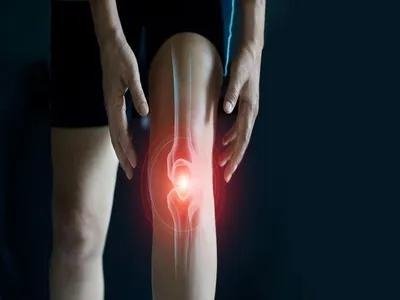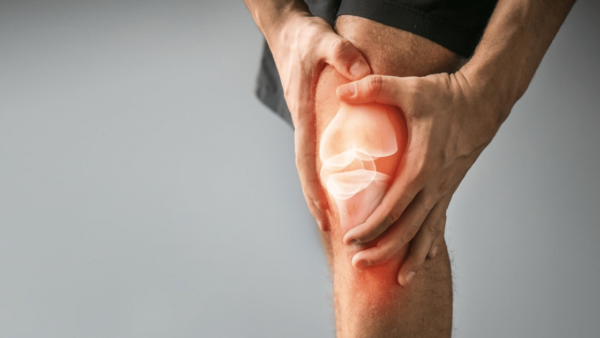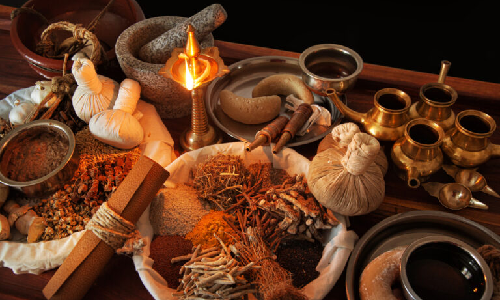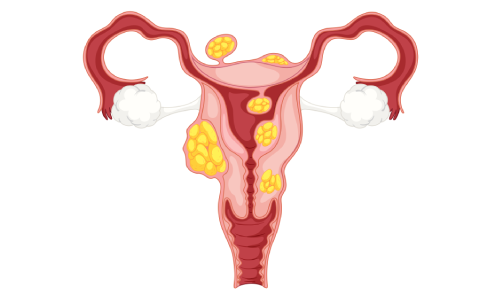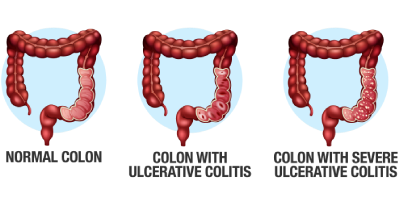Imagine you are going about your day in perfect health and suddenly you have a fracture from a situation that’s not even close to danger like lifting a light object or a simple fall. This is the reality of osteoporosis – the silent disease. Osteoporosis is a condition where your bones turn weak and porous, with a risk of fractures. Though the condition is incurable, different medical systems offer a plethora of ways to manage osteoporosis. But if you are in search of a way to manage and even prevent osteoporosis naturally, Ayurveda is the answer. With a combination of diet, lifestyle practices, therapies, and herbal remedies, the condition can be effectively managed. On this International Osteoporosis Day (October 20th), let us learn more about osteoporosis from the Ayurvedic perspective. Osteoporosis as per Ayurveda Every function in our body is governed by three biophysical energies or Doshas – Vata, Pitta and Kapha. These Doshas are seated in one or the other tissue (Dhatu) of our body; moreover, they play a crucial role in our overall health. Vata Dosha primarily governs the bone tissue or Asthi Dhatu. When Vata Dosha becomes aggravated due to different factors, it causes the Asthi Dhatu to degenerate (Asthi Kshaya). Watch this video to learn the early signs of imbalanced Vata in your body: Both vitiated Vata Dosha and Asthi Kshaya result in osteoporosis. But what causes the Vata Dosha to be aggravated in the first place? The contributing factors Your lifestyle plays a huge role. Some kinds of foods, your habits and even emotional states can cause Vata Dosha to go out of balance, affecting the health of your bones. Food (Ahara) Having food with less nutrition, not having adequate quantity of food and consuming food that aggravates Vata. Lifestyle (Vihara) Lifestyle factors, such as over exercising, overindulgence in sexual intercourse, staying awake at night, suppressing natural urges and obesity. Psychological (Manasika) factors Stress and overthinking can lead to aggravated Vata Dosha – the Dosha that governs mental processes, such as thoughts. Trauma (Abhighataja) Trauma to your body – a fall, an accident or injuries as a result of a surgery. Ayurvedic Treatment for Osteoporosis Ayurvedic treatments for any health condition does not focus on just treating the symptoms, but also on finding and treating the root cause. It’s the same for osteoporosis as well – the root cause being aggravated Vata Dosha. So, the Ayurvedic treatment for the condition focuses on balancing the Doshas and restoring the harmony within the body through a combination of diet, lifestyle modifications, therapies and herbal remedies. The treatments to manage osteoporosis in Ayurveda include Asthigata Vata Chikitsa (treatment for bone-related Vata imbalance), Asthikshaya Chikitsa (treatment for bone degeneration), Bhagna Chikitsa (fracture treatment and herbal medicines. Asthigata Vata Chikitsa In osteoporosis, the root cause is mainly an aggravated Vata. Therefore, the primary focus of Ayurvedic treatment involves correcting the Vata imbalance and Agni. One can achieve this through diet and lifestyle practices, therapies, and herbal medicines. Diet Ayurveda considers food as medicine. Therefore, it is one of the primary ways to treat any health condition, including osteoporosis. The Ayurvedic diet for osteoporosis mainly includes foods that do not aggravate Vata Dosha. This includes foods that are freshly cooked and warm, and that have sweet (Madhura), sour (Amla) and salty (Lavana) taste (Rasa). Therapies These are some of the therapies that help balance Vata Dosha: Snehana Snehana or internal oleation is one of the preparatory steps (Poorva Karma) before Panchakarma. In this process, the healthcare provider, therefore, administers medicated oil to the patient. Abhyanga Abhyanga, or external oleation, involves applying medicated oil or fat on the body; furthermore, it is an ancient practice that promotes relaxation and rejuvenation. This therapy helps remove toxins (Ama) from the body. You can also do Abhyanga at home as a part of your daily routine. Panchakarma Panchakarma or detoxification therapy, therefore, helps remove Ama from the body and, consequently, balance Vata Dosha. The steps of Panchakarma used to treat Vayu include Vamana (therapeutic vomiting), Virechana (therapeutic purgation), Asthapana Vasti (enema using decoctions), Anuvasana Vasti (enema using oils) and Nasya (nasal instillation of oil or medicine). Check out this video to learn the complete Nasya procedure at home: These procedures are prescribed to the patient only if required, based on the impact of their condition and other health conditions. At my hospital, we offer a three-month gut health program to correct Dosha imbalances and Agni. Bhagna Chikitsa A person with osteoporosis is always at risk of having a fracture; consequently, it is essential to take preventive measures. If there’s a fracture, it should be healed before starting any medication. Bhagna Chikitsa includes: Seka Pouring of medicated oils. Lepa Application of medicinal paste. Bandhana Bandaging the fracture for proper healing. Ayurvedic medicines Ayurvedic medicines with Brimhana (strengthening), Rasayana(nourishing) and Vata Hara (Vata pacifying) properties are given to patients based on their requirements to improve their bone health naturally. Prevention is better than cure Osteoporosis doesn’t happen overnight. You can prevent it with a few simple lifestyle changes and Ayurvedic practices through a gradual process. Regular exercises, such as walking or yoga, can strengthen bones. Also, have calcium-rich foods that help maintain bone density. Staying hydrated, managing stress, and ensuring a good night’s sleep are also important for your bone health. Ayurveda also recommends regular oil massages to help with circulation and relaxation, which contributes to overall wellness. Some Shocking Statistics Osteoporosis results in fragility fractures – the fractures that do not otherwise happen in a particular… Continue reading Osteoporosis Treatment with Ayurveda
Osteoporosis Treatment with Ayurveda
